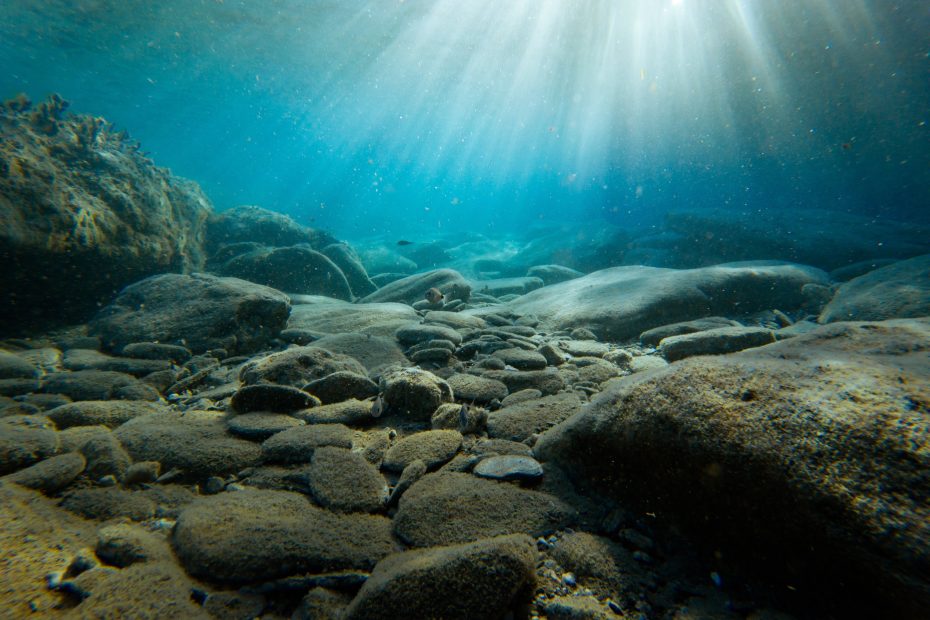Table of Contents
Introduction
With over 1,500 miles of Indian Ocean coastline, Mozambique is home to some of the most pristine and vibrant coral reefs in the world. Teeming with marine life, from tiny neon fish to massive whale sharks, Mozambique’s reefs offer incredible diving and snorkeling opportunities for visitors. As one of the top dive destinations in Africa, Mozambique boasts a diversity of reefs, from shallow fringing and patch reefs to outer barrier reefs plunging to great depths. For scuba divers and snorkelers, this is an underwater paradise waiting to be explored. Join us as we delve beneath the surface to discover Mozambique’s spectacular coral reef ecosystems.
Mozambique’s Diverse Marine Life
Divers flock to Mozambique to experience some of the best opportunities for seeing pelagic marine megafauna in the world. Between July and October, scores of whale sharks congregate off the coast of Tofo to feed on plankton blooms. Snorkelers can swim alongside these gentle giants, often reaching over 30 feet long. From December to March, manta rays glide through the waters, mesmerizing divers with their graceful movements. Green and hawksbill sea turtles are commonly sighted, along with smaller critters like clownfish, angelfish, and moray eels tucked among coral branches. Lucky divers may also spot humpback whales, dolphins, and even whale sharks. The diversity of marine life is astonishing.
Top Dive Sites in Mozambique
With so many excellent dive sites, it’s hard to narrow it down to just a few highlights. But some favorites include:
-
Tofo: Famed for its annual whale shark aggregation, Tofo also has excellent reef diving. Morrungulo is top for manta rays, while Tofinho is better for macro life.
-
Bazaruto Archipelago: Within this national park are beautiful patch and fringing reefs with high visibility. Two-Mile Reef has abundant soft corals.
-
Quirimbas Archipelago: Offers pinnacle and wall dives, with large pelagics like sharks and mantas. Medjumbe Island has stunning hard corals.
-
Ponta do Ouro: The southernmost diving in Mozambique, with barrel sponges and reef fish. Caves hold shrimp and nudibranchs.
Threats Facing Mozambique’s Reefs
While vibrant today, Mozambique’s coral reefs face substantial threats. Rising ocean temperatures have caused widespread coral bleaching, leaving many reefs damaged. Destructive fishing practices like dynamite fishing also destroy habitats. Coastal development and pollution are concerning issues. Conservation efforts are urgently needed to protect these fragile ecosystems.
Conservation Efforts
Thankfully, marine conservation programs are underway in Mozambique. Marine protected areas safeguard vulnerable reefs from threats. Coral nurseries and artificial reefs work to rehabilitate damaged corals. Dive tourism helps support local communities when done sustainably. But continued action is essential for ensuring the long-term health of these reefs.
Types of Coral Found in Mozambique
Mozambique reefs harbor impressive coral diversity, with over 180 hard coral species identified. Branching staghorn and table corals provide ample nooks for small reef fish. Massive boulder corals and intricate mazes of brain corals captivate divers’ imaginations. Other highlights include fragile lettuce corals, bulbous bubble corals, and multicolored sponges. While many Indo-Pacific coral species are found here, some rare corals occur only in Mozambique.
What Makes Mozambique’s Coral Reefs Unique
The remoteness and interconnectivity of Mozambique’s reefs contribute to their uniqueness. Situated far from pollution sources, they remain remarkably pristine. These reefs form part of the greater East Africa coral reef ecosystem stretching from Kenya to South Africa. Neighboring mangroves and seagrass beds provide nurseries for young fish and nutrients for the reefs. Large reef-building corals like staghorns flourish thanks to warm, clear waters. But some sites contain rare corals suggesting unique environmental conditions. There is still much to discover about these vibrant reefs.
Diving Logistics
The best conditions for diving occur during the dry season from April to November, with peak visibility from June to September. Sea surface temperatures range from 68°F to 84°F. Reefs accessible from shore offer excellent snorkeling. Scuba diving opens up even more sites, from shallow reefs perfect for beginners to plunging walls for advanced divers. Most dive centers offer PADI courses and rent equipment. While no formal certification is required for snorkeling, an Open Water Diver certification is recommended for scuba.
Conclusion
For divers, Mozambique represents one of Africa’s most thrilling underwater destinations. The opportunity to explore pristine coral reefs and observe magnificent marine life is unparalleled. But the fragility of these ecosystems means we all must strive to protect them through responsible diving practices and support of conservation initiatives. The vibrant beauty glimpsed by those who dive into Mozambique’s spectacular underwater world is worth preserving for future generations.
FAQs
What types of coral reefs are found in Mozambique?
Mozambique has fringing, patch, and barrier reef types, providing habitats for over 180 coral species. Fringing reefs hug the shoreline while patch reefs form isolated colonies. Outer barrier reefs offshore offer excellent wall dive sites.
When is the best time to visit for diving Mozambique?
The dry season from April to November has ideal diving conditions, with peak visibility from June to September. Whale shark season is June to October around Tofo.
What certification do I need to scuba dive in Mozambique?
An Open Water Diver certification is recommended to dive in Mozambique. Some dive shops may allow Discover Scuba Diving for beginners. Snorkeling does not require any formal certification.
What essential gear should I pack for diving in Mozambique?
Pack your certification card, logbook, swimsuit, rashguard, reef-safe sunscreen, dive computer/watch, mask, fins, snorkel and underwater camera gear if you have them. Most other rentals are available locally.
How can I practice responsible diving on Mozambique’s reefs?
Follow all environmental rules and avoid touching coral. Keep your buoyancy in check, take home all trash and waste, and don’t purchase souvenirs made from coral or marine life remains. Support dive centers invested in conservation.
